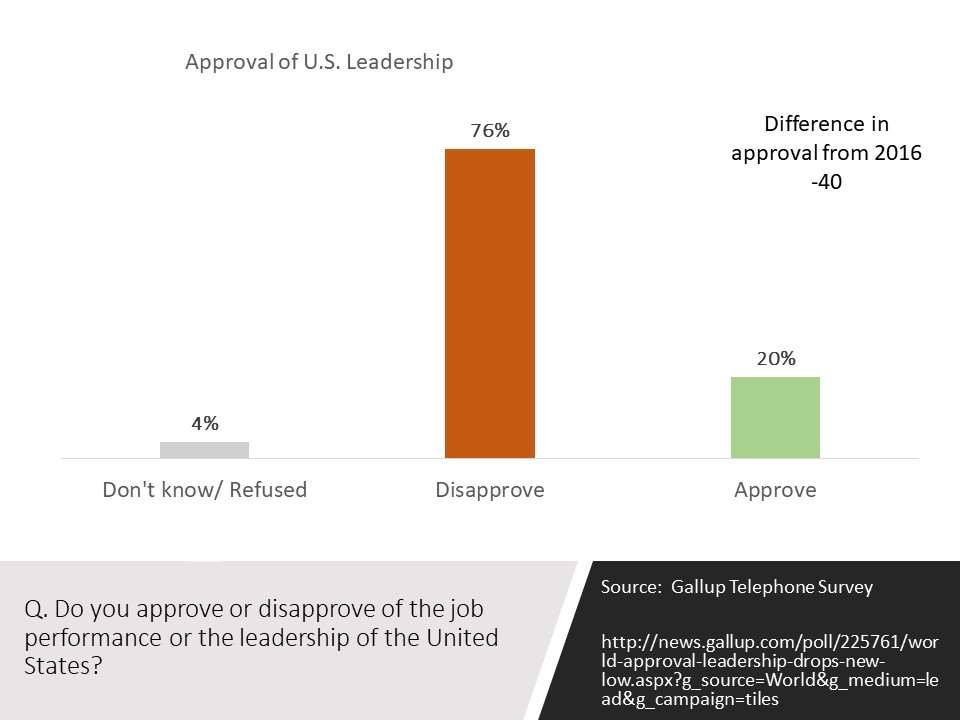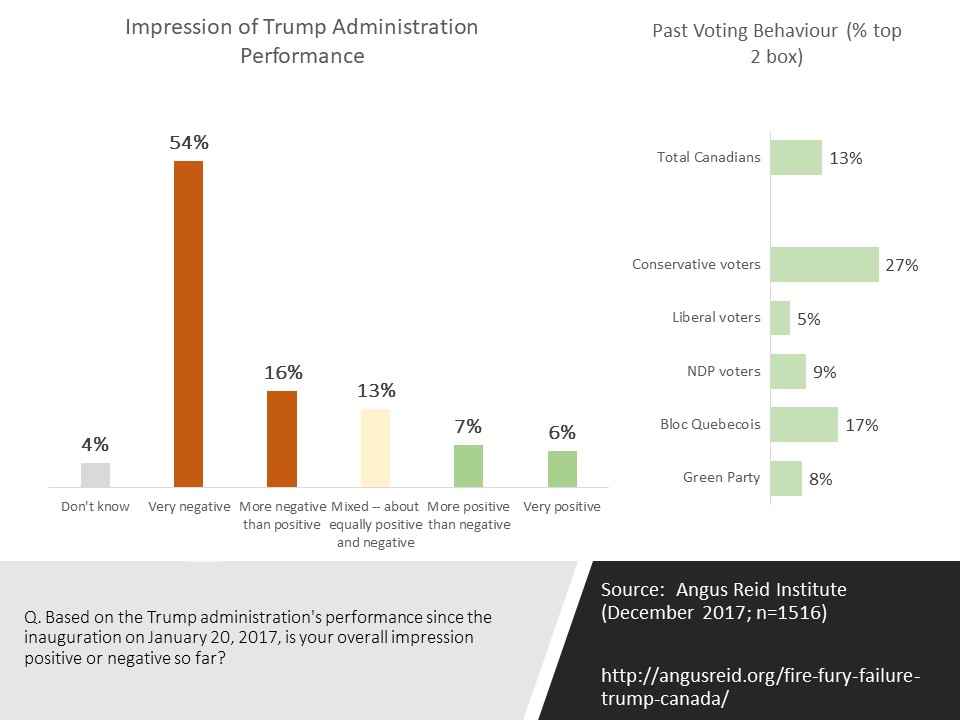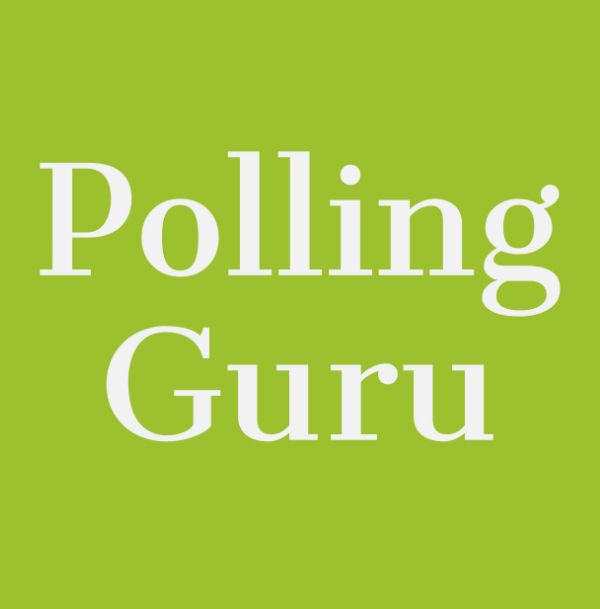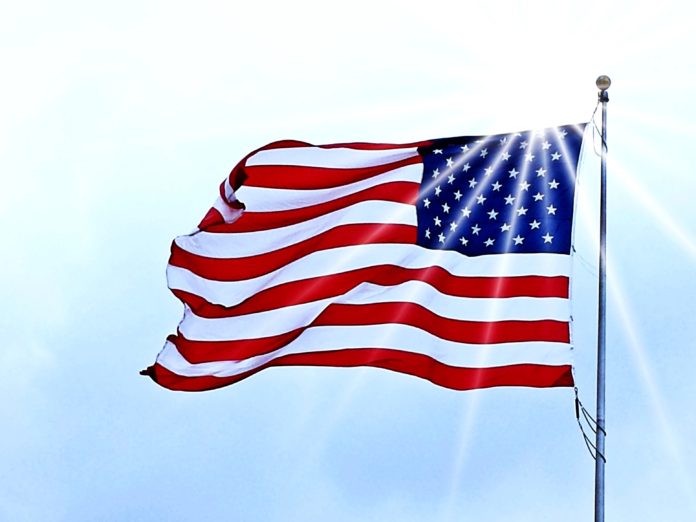It will come as no surprise that the Trump administration is not perceived as positively as the Obama one. The Gallup poll released recently highlights the depth of the effect and provides a useful backdrop to understanding other polling on Trump in Canada. These negative numbers undermine the U.S. position in the world but may also change the narrative in Canada on key foreign policy and trade issues.
Gallup surveyed 134 countries about the job performance of the U.S. leadership (as well as several other countries) and it is striking that median approval is 30% right now, which is down from 48% under Obama. The median approval of the United States is now on par with median approval of China and Russia. Effectively, the United States under Trump has ceded global leadership since without approval, leadership is largely going to be ineffective.
On Gallup’s measure Canada now has a 20% approval rating on the job performance of the United States. This is down from 60% in 2016.
The Gallup global comparison is in line with the Pew Research Center. In August of last year, the Center found that 43% of Canadians have a positive view of the United States which is down from 65% in 2016. Favourability is higher than confidence in the U.S. president which hit a Canadian confidence low of 22% under Trump (the lowest since Bush 28% in 2007).

Consistent with this is a recent survey from the Angus Reid Institute that shows that 13% of Canadians have a positive or more positive than negative view of the Trump administration’s performance. A mere 23% are optimistic and hopeful about the next three years with Trump as President.
Interestingly, and not surprisingly, there is a partisan character to perceptions of Trump in Canada. Among past Conservative voters, 27% are positive or more positive than negative (22% are neutral) compared with 5% of Liberal voters, 9% of NDP voters, and 17% of BQ voters.

So while polling about perceptions of Trump may be part of political theatre and culture, it also may have significant policy and political implications in Canada. Trump is not resonating and there is a real probability that this will limit the exposure the governing Liberals have when it comes to bi-lateral issues because blame is more likely to be apportioned to Trump over Trudeau.
The governing Liberals are somewhat insulated politically in the short-term from failed bi-lateral issues, though how they respond to failures may ultimately determine their fate.
Gallup methodology: “Results are based on face-to-face and telephone interviews with approximately 1,000 adults, aged 15 and older, in each country or area. Between March and November 2017, residents were asked to rate U.S., German and Russian leadership in 134 countries or areas, and residents in 135 countries or areas were asked to rate the leadership of China.” More information here, including how other countries perceive the United States.
Angus Reid Institute Survey: Conducted in December online with 1516 Canadians. The full story and more information is available here.


